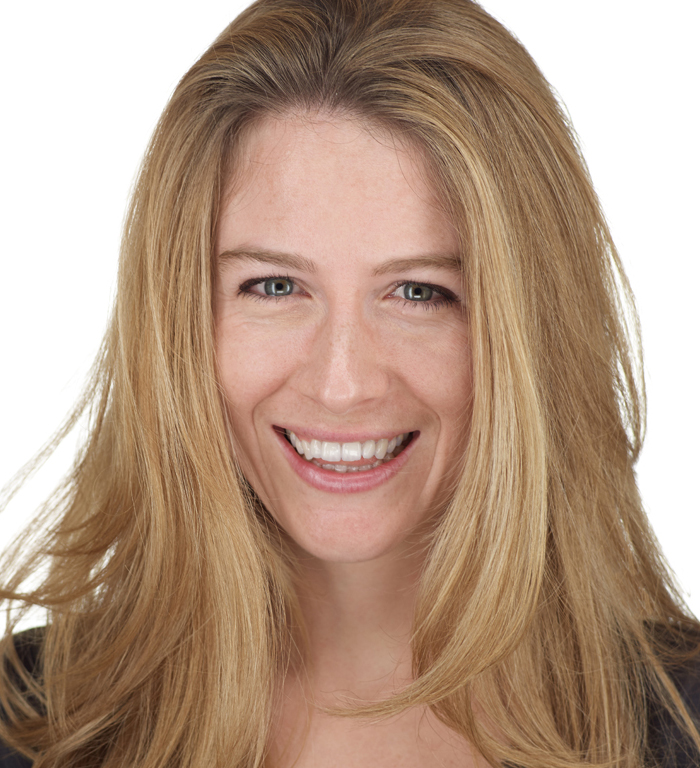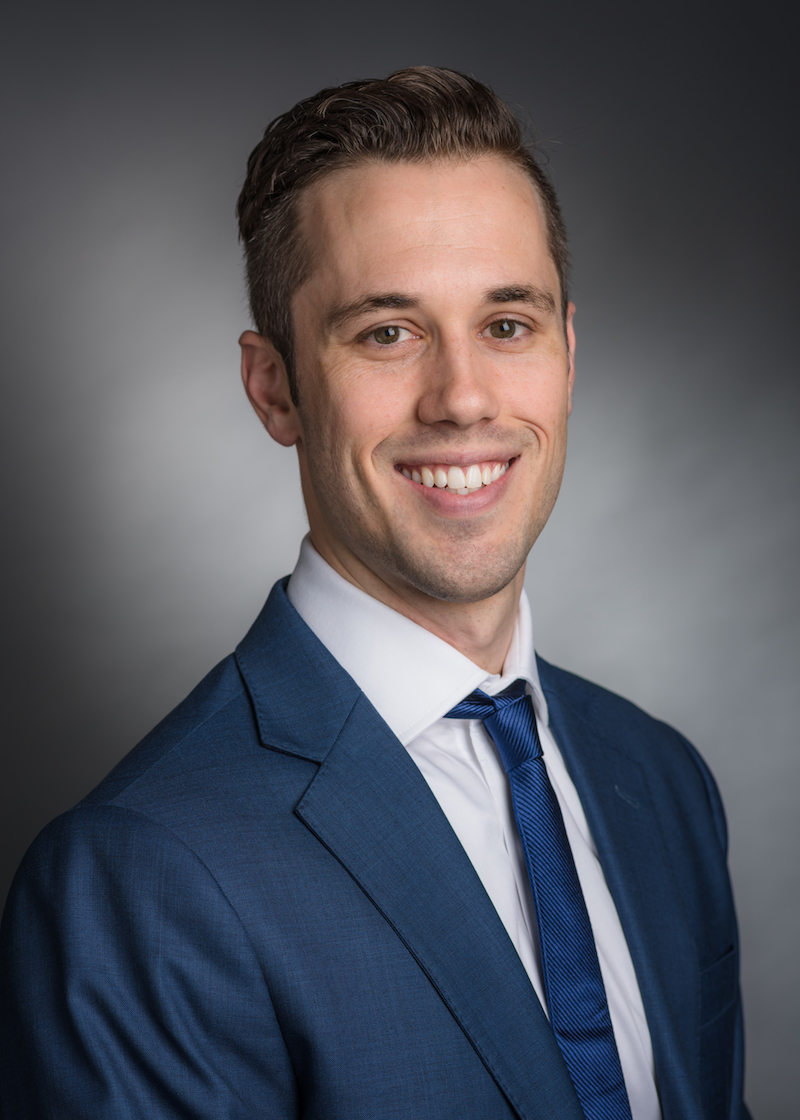 |
Franziska Michor, PhD, serves as the Director of the Center for Cancer Evolution. She is a Professor of Computational Biology in the Department of Data Sciences at the Dana-Farber Cancer Institute, in the Department of Biostatistics at the Harvard T.H. Chan School of Public Health, and in the Department of Stem Cell and Regenerative Biology at Harvard University. After a fellowship at the Harvard Society of Fellows, she was an Assistant Professor in the Computational Biology Program at Memorial Sloan-Kettering Cancer Center before joining the Dana-Farber Cancer Institute in 2010. Dr. Michor's laboratory investigates the evolutionary dynamics of cancer initiation, progression, response to therapy, and emergence of resistance. Part of this research and collaboration with other labs has led to the integration of mathematical modeling, mouse and cell line experimentation, and use of large-scale cancer genome profiling data to drive the identification of novel cancer biology and development of novel clinical trials.
|
 |
Thomas "Ollie" McDonald, PhD, serves as the Associate Director of the Center for Cancer Evolution in the Department of Data Sciences at Dana-Farber Cancer Institute. Thomas studied mathematics as an undergraduate at Trinity University in San Antonio, Texas, and obtained his PhD in Statistics at Rice University in Houston, Texas under the direction of Professor Marek Kimmel. During his time at Rice, Thomas spent a summer as a PhD student intern in the Modeling and Simulation Group of Novartis Pharma AG in Basel, Switzerland working on nonparametric Bayesian Dose-Response Models for adverse effects. He served as a postdoctoral research fellow in Franziska Michor’s lab before moving to the Center for Cancer Evolution as a Research Associate. His main research interests are in branching processes and mathematical modeling of tumor evolution and heterogeneity in cancers.
|
 |
James Roney is an undergraduate student at Harvard College. He plans on graduating in 2022 with an AB in Computer Science and Biostatistics. James is interested in applying theoretical insights from evolutionary biology and population genetics to better understand and predict cancer progression.
|
